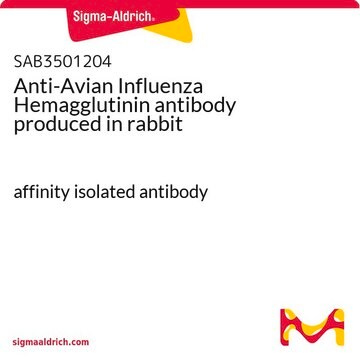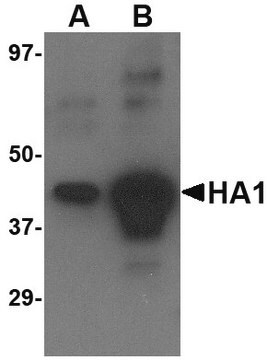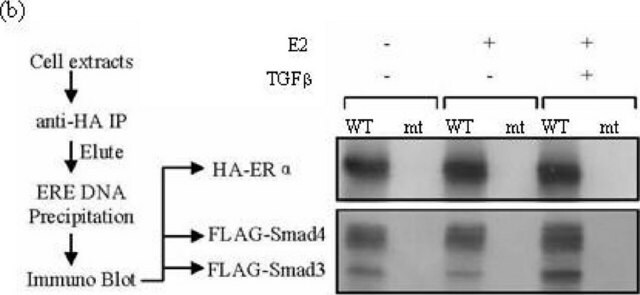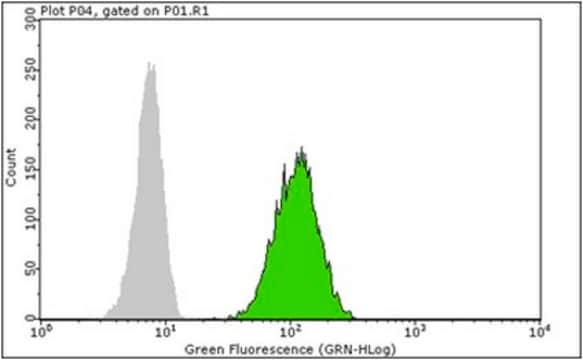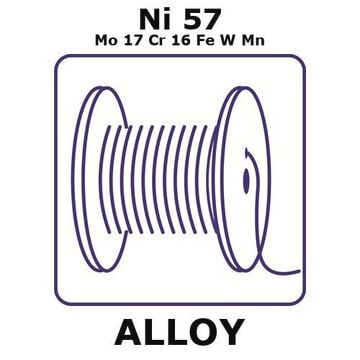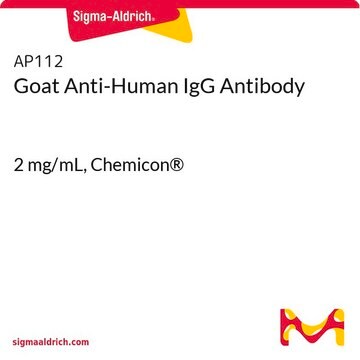SAB3501159
Monoclonal Anti-Hemagglutinin [1E7D8] antibody produced in mouse
purified antibody (Protein A)
About This Item
WB
western blot: suitable
Recommended Products
biological source
mouse
Quality Level
conjugate
unconjugated
antibody form
purified antibody (Protein A)
antibody product type
primary antibodies
clone
monoclonal
form
liquid
species reactivity
influenza A virus (avian | subtype H5N1)
concentration
1 mg/mL
technique(s)
ELISA: suitable
western blot: suitable
UniProt accession no.
shipped in
wet ice
storage temp.
−20°C
target post-translational modification
unmodified
General description
Immunogen
Application
Physical form
Not finding the right product?
Try our Product Selector Tool.
Storage Class Code
12 - Non Combustible Liquids
WGK
nwg
Flash Point(F)
Not applicable
Flash Point(C)
Not applicable
Choose from one of the most recent versions:
Certificates of Analysis (COA)
Don't see the Right Version?
If you require a particular version, you can look up a specific certificate by the Lot or Batch number.
Already Own This Product?
Find documentation for the products that you have recently purchased in the Document Library.
Our team of scientists has experience in all areas of research including Life Science, Material Science, Chemical Synthesis, Chromatography, Analytical and many others.
Contact Technical Service